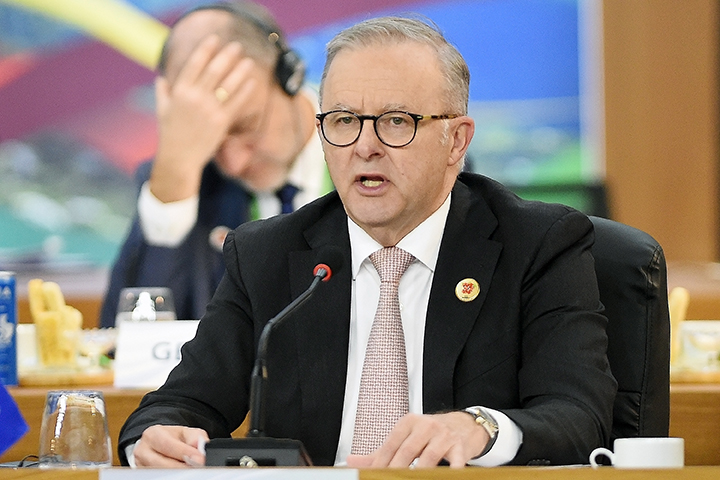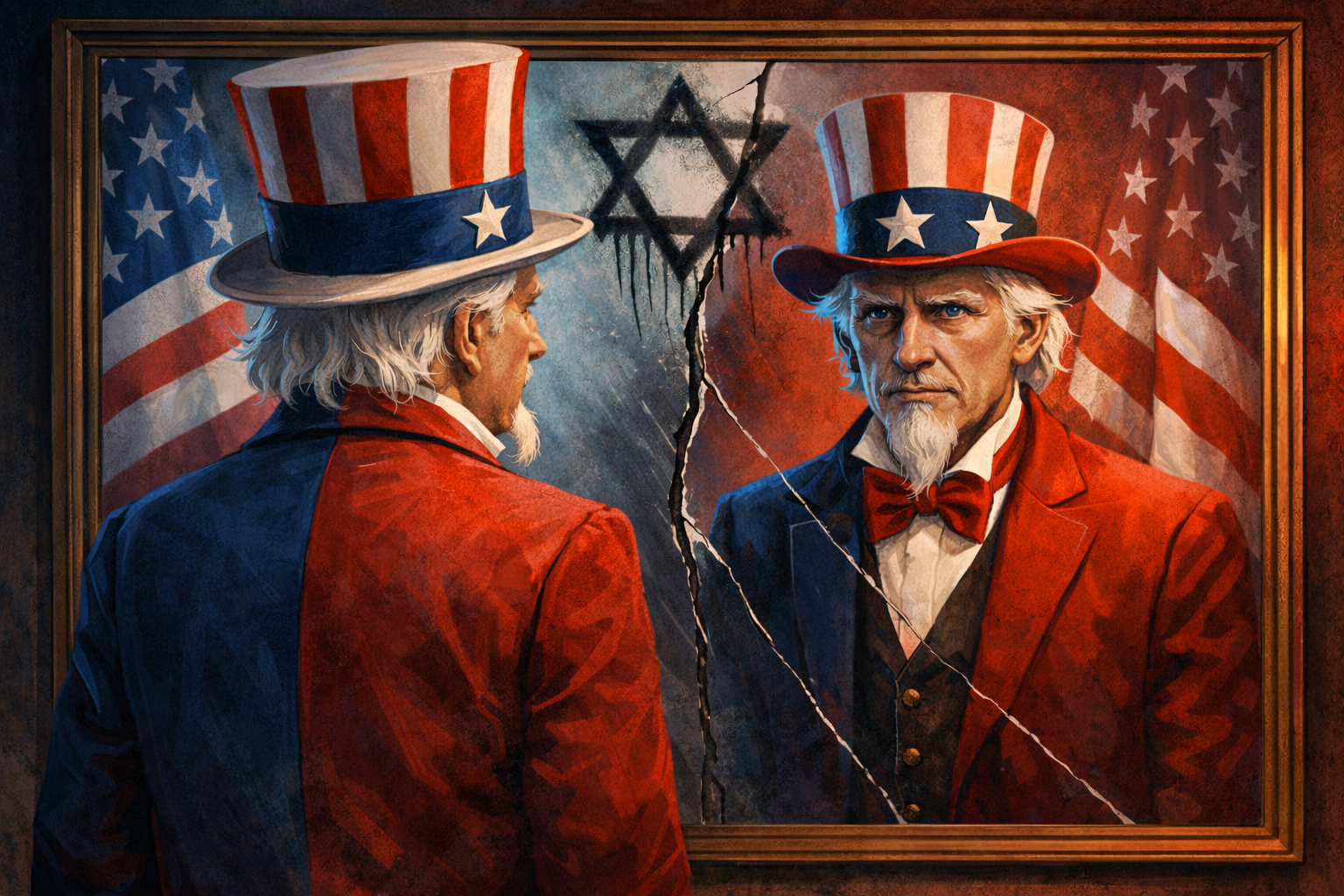By Michael Gencher | The Algemeiner | October 1, 2025
Nearly two years after the horrors of October 7, 2023 — and just before the solemn days of Rosh Hashanah — Australia’s Jewish community was dealt another blow. At the very moment we gathered to pray for renewal, our government announced that it formally recognizes the State of Palestine. The timing was not just insensitive; it was cruel.
For Jews in Australia, this decision does not exist in isolation. It comes after two years of fear, resilience, and constant vigilance. We have seen antisemitism explode in our universities, workplaces, synagogues, and streets. Families are keeping children home from school out of fear. Parents are second-guessing whether it is safe to display a mezuzah or wear a Magen David. Students are told their very identity is a provocation.
Against that backdrop, our leaders smiled as they recognized a Palestinian state, presenting it as progress for peace. For Australian Jews, it felt like a dismissal of our pain. Rosh Hashanah is supposed to be a time of hope, yet many of us sat at our holiday tables with a sense of dread: that our own government, in pursuit of applause abroad, had chosen to undermine us at home. And as Yom Kippur approaches — the day of reflection, repentance, and renewal — we are left to ask ourselves: how can we seek peace in our hearts when the world around us insists on rewarding those who reject peace entirely?
The Jewish experience in Australia has always been about resilience. We are a small community, but a proud one. We have contributed in every sphere of Australian life while maintaining our heritage and our connection to Israel. Over the past two years, that pride has been shaken by fear. We walk into shul now looking over our shoulders. We drop our children off at Jewish schools with extra security guards on the gates. We watch rallies fill city centers with chants calling for the destruction of Israel, knowing those words carry a thinly veiled threat toward Jews everywhere.
Recognition of a Palestinian state in this climate feels like a validation of those who target us. It tells us that our suffering since October 7 does not matter. It rewards Palestinians for the Oct. 7 massacre. It says that the hostages still in Gaza do not matter, and that the comfort of being in step with international opinion matters more than the security of a small and vulnerable community at home.
What does this mean for the future? Among Jewish Australians, there is a quiet but real fear that this decision will fuel further hostility. If Israel’s legitimacy can be questioned so easily, how much more precarious is ours?
We know from bitter experience that what begins with attacks on Israel often finds its way to attacks on Jews in the Diaspora. We also worry about the erosion of trust. For decades, Australia was seen as a steady partner of Israel and a safe home for Jews. That reputation is now fractured. Many in our community feel abandoned by leaders who should have stood with us, but instead chose to make a gesture that legitimises violence and entrenches division.
And yet, even through the pain, there is clarity. Jewish Australians are resilient. We gathered for Rosh Hashanah this year with heavy hearts, but also with determination. We know who we are, and we know what we stand for. We stand for life, for community, for faith, for Israel. We stand against terror and against those who seek to erase us. This recognition may have shaken our confidence in our government, but it has not broken our spirit. If anything it has made us more determined to speak out, to educate, to organize, and to ensure that our children inherit a community that does not bend in the face of hostility.
We do not know what Canberra hoped to achieve with this move. But we know what it has achieved here: deeper wounds in a community already hurting, and a reminder that our safety and dignity cannot be taken for granted. Two years on from October 7, and as Yom Kippur approaches, we enter our holiest day of the year searching for forgiveness, for strength, and for renewal. But the question lingers: will our own leaders ever seek forgiveness for abandoning us when we needed them most?
Read the full article here.
Michael Gencher is the Executive Director of StandWithUs Australia, an international education organisation that supports Israel and fights antisemitism.






